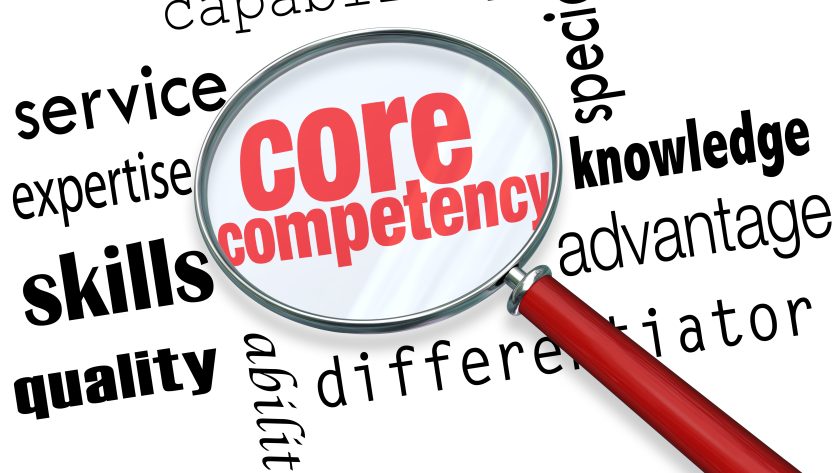
Imagine being a puppeteer, using words as your strings to subtly guide movement and reactions. Much like the puppeteer carefully chooses which string to move and how much for the desired effect, choosing your words is how you affect interactions.
As an example, consider the world of marketing. ‘Buy now’ seems to push for immediate purchase, evoking a sense of urgency. Contrast this with ‘Invest now’ to imply a strategic move promising long-term gains. Even a slight shift can dramatically influence how the message is received and how the audience reacts.
Communication is also about aligning your message with your objectives. By strategically selecting your words, you can stir in others a sense of curiosity, incite a feeling of urgency, or foster a sense of belonging, all a nudge in a specific direction.
Communication may be for the purpose of enlightening, guiding, or providing a different perspective. Therefore, while choosing your words, it’s essential to consider and respect your audience’s intelligence, values, and freedom of choice.
The art of effective communication hinges on the deliberate selection of words. Start by picturing your audience, mulling over what type of language they likely will connect with, and what may lead to disconnection. Subsequently, pinpoint the purpose of your communication. Are you striving to enlighten, persuade, or inspire your audience? Tailor your vocabulary accordingly.
Brevity and clarity are your friends. Ambiguous or convoluted expressions can cloud your intended message, possibly leading your audience to stray from your narrative. On the flip side, using plain language will help ensure your message is both understood and remembered.
Words are colors on a painter’s palette, and you’re the artist. With a thoughtfully curated vocabulary, you can craft a vivid portrait of your message, evoking emotions and responses from your audience. The next time you’re engaging in a conversation, writing a persuasive pitch, or delivering a heartwarming speech, pause and reflect on your word choice. In doing so, you’re both enhancing your communication and invoking the desired perception in your listeners.
Through the power of word choice, communication can transform from a monologue into an engaging dialogue, creating an atmosphere of understanding and mutual respect. The next time you want to effectively communicate your message, pay close attention to your word selection – you’ll be amazed at the difference it makes.
Application in Coaching
During coach training, coaches learn to use words that are positive and proactive. Coaches learn to challenge clients when they use self-limiting language. Coaches learn to use both brevity and clarity when summarizing what a client says and when asking questions. Coaches use words that demonstrate confidence in the client.



